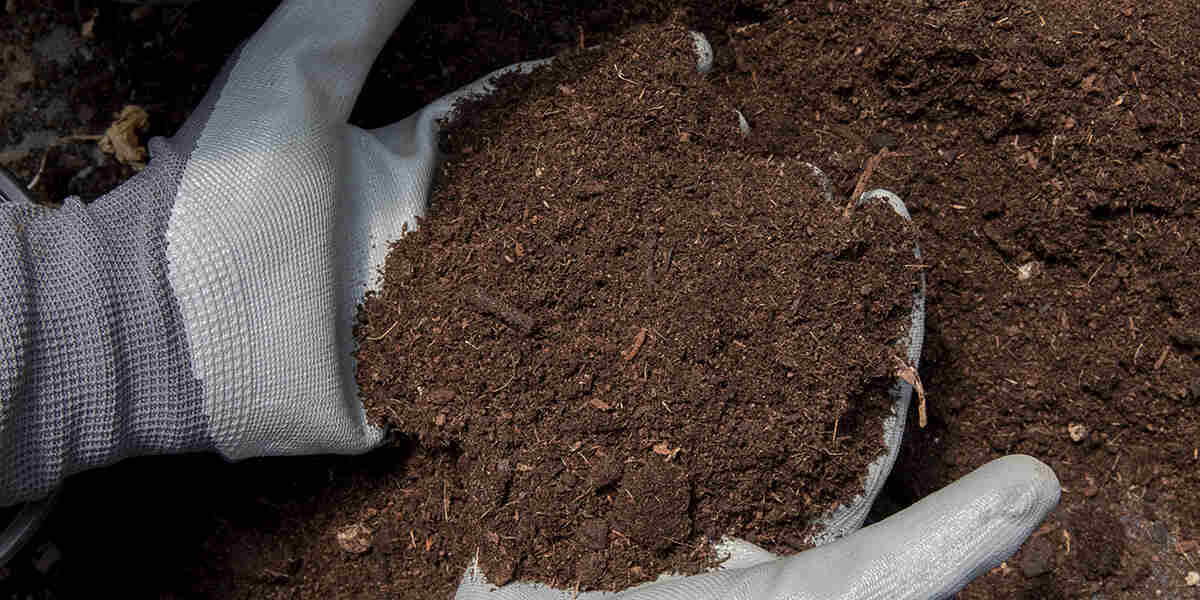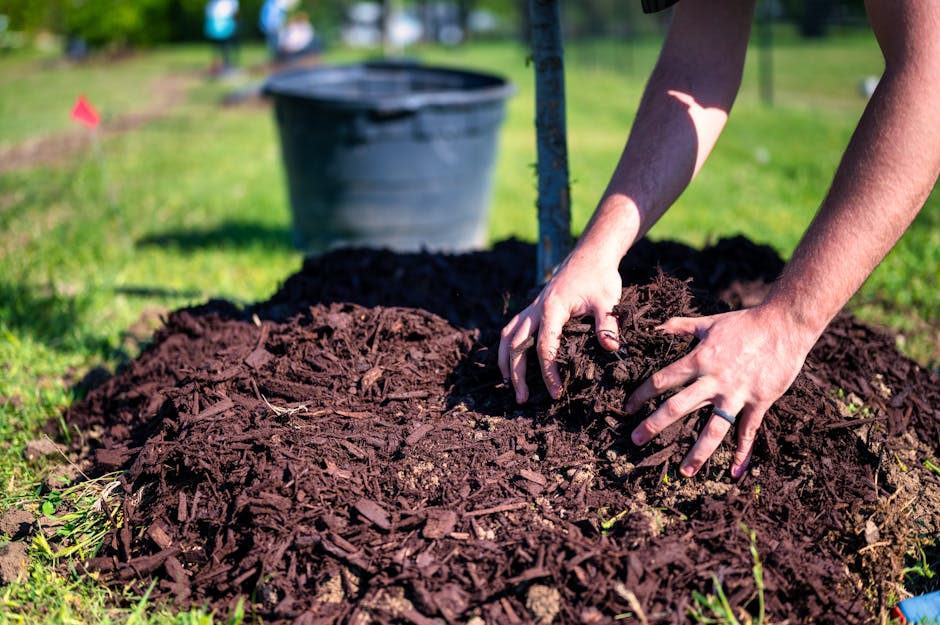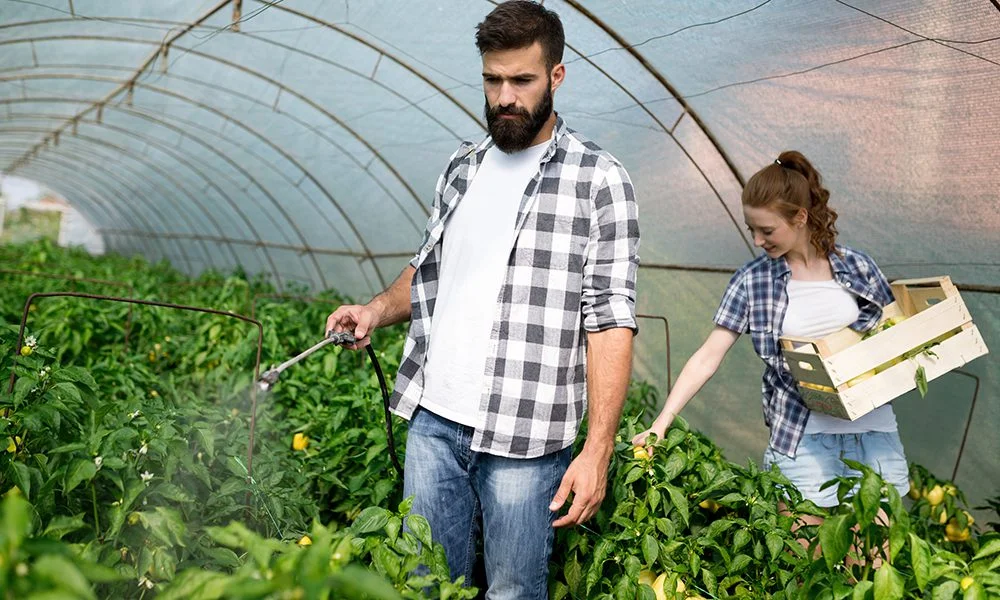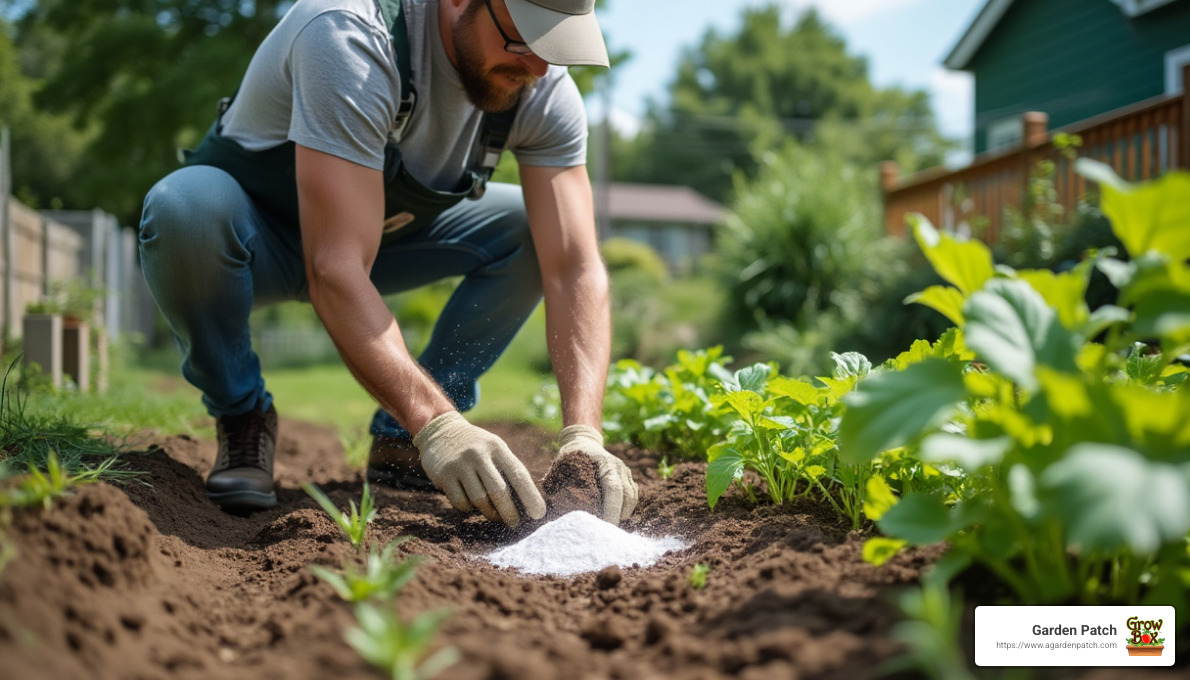It’s happened to us all: You have your summer garden all planned out, a plot of land ready, and a watering can in hand. But as you start planting, and the weeks go by, the results turn out…disappointing.
You can have the greenest thumb in the world, but if you don’t have good-quality soil, your plants can’t get the nutrients they need. This prevents root development, which stunts your plants’ growth or even dries out and kills them. That’s where soil conditioner comes in, but what does soil conditioner do, exactly?
Pairing soil conditioner with the GrowBox will create the perfect recipe for your garden’s success. The GrowBox is the planter that makes gardening easy, providing the perfect spacing, nutrients, and automatic fertilization with Jobe’s Organic Fertilizer for your garden. With soil conditioner, your garden will grow into everything you daydreamed about in no time.
What Is Soil Conditioner?
Soil conditioners, sometimes called soil amendments, consist of ingredients that treat dry, nutrient-lacking, or crumbling soil.
They function by improving the soil’s structure. Some soil types are too compact, so there isn’t enough room for nutrients, water, or oxygen. So what does a soil conditioner do? It loosens up the structure of the soil, giving your plants access to the nutrients they need to thrive.
There are different types of soil conditioners, each with its own ingredients and benefits. Some examples of soil conditioners include compost, animal manure, and some chemicals like gypsum and limestone. You’ll want to explore your options, including inorganic and organic soil amendments, before committing to one.
What Are the Benefits of Soil Conditioners?
Now that you know what soil conditioner is, we can move on to the question of the hour: what does soil conditioner do, and how does it benefit your garden?
Soil conditioner restructures your soil, allowing your plants to receive the nutrients, water, and air they need so that your plant growth will increase in no time, and you can enjoy beautiful flowers and ripe vegetables.
Soil conditioners not only improve your plants’ access to water but their ability to contain it, too. In dry, brittle soils, water tends to drain quickly before it can really help your plants. Using a soil conditioner makes it easier for your plants to absorb the water they desperately need.
A low or high pH balance in soil poses another issue that prevents plant growth. Don’t worry — the soil conditioner is to the rescue again! Soil conditioner will improve your soil’s pH balance and therefore its overall quality.
It doesn’t end there. Soil conditioner doesn’t just take care of your plants; it takes care of microorganisms the plants need, too! Its ingredients include nutrients that microorganisms can feed off of, which ultimately helps your garden biosphere.
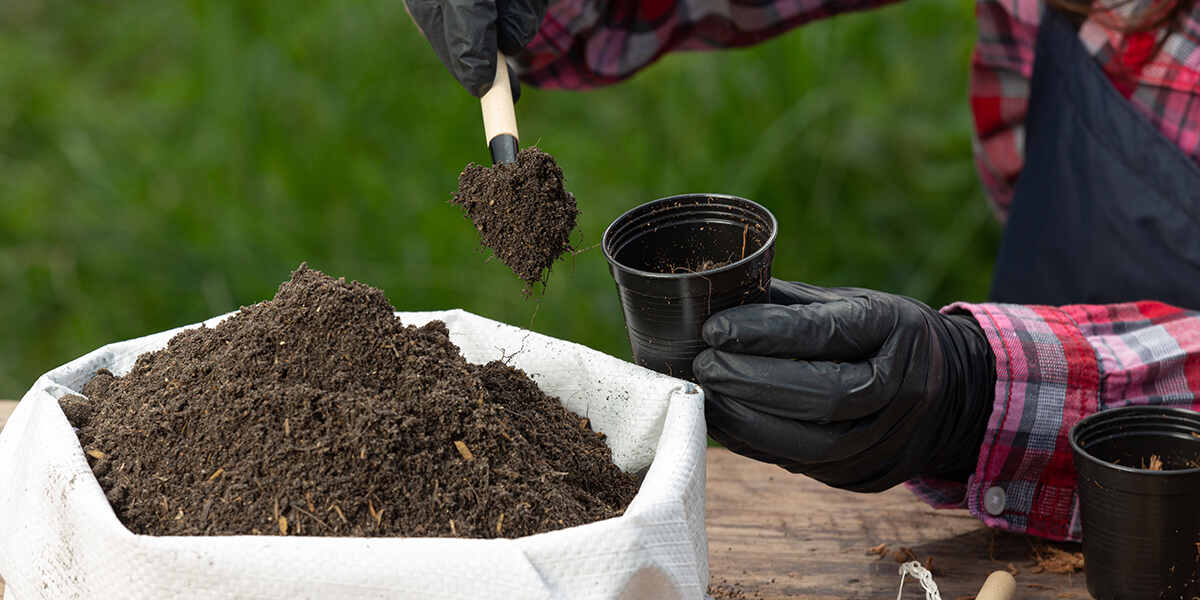
Choosing a Conditioner: Organic vs. Inorganic Soil Conditioners
Now that you know how soil conditioners can transform your garden, you need to know your options. The two main types of soil conditioners are organic and inorganic. The difference between these types is their ingredients and how they impact your soil.
Organic means natural — organic conditioners consist of ingredients that used to be alive in one way or another. This includes:
- Compost
- Animal manure
- Peat moss
- Worm castings
- Decomposing leaves or crops
- Food waste
- Saw dust
Organic conditioners have a number of benefits, including increasing soils’ cation exchange capacity (CEC). CEC describes a plant’s ability to take in, but more importantly, to store, nutrients.
On the other hand, inorganic soil conditioners are mineral-based rather than carbon-based. These include:
- Expanded clay
- Sand
- Shale
- Gypsum
- Vermiculate
- Perlite
- Agricultural lime
Inorganic conditioners improve the pH balance of soil and its water capacity. This improves the soil’s overall quality and keeps it from drying out, which keeps your plants happy and hydrated.
Whether you use an inorganic or organic soil conditioner, your garden should see improvements. The issue of deciding between them depends on your garden, your access to the ingredients above, and your personal preference for organic materials.
Testing Your Soil Before Using Soil Conditioner
It’s time to put your knowledge into practice and use a soil conditioner to bring your parched, dying garden back to life.
The first thing you’ll want to do is test your soil. Determining the quality of your soil and what it needs will help you decide how best to treat it and what type of soil conditioner you need. Fall is the ideal time to do this, so you’re prepared ahead of time. This gives you several months before the gardening season to get your soil to the quality you need by applying a soil conditioner and retesting the soil.
However, if that time has passed — you aren’t too late! Perform a soil test as soon as possible. Then, you can consult the experts about what soil conditioner is best for your soil based on the results.
Fertilizer vs. Soil Conditioner
If while you were reading this blog post, you thought to yourself:, “Okay, how is this any different than fertilizer?” You’re not alone! This is a common question on the topic of soil conditioners.
Fertilizers provide essential garden nutrients to your soil. Soil conditioner, on the other hand, alters the actual structure of the soil.
This makes fertilizer and soil conditioners a dream team when you use them together. The fertilizer provides more nutrients, while the conditioner breaks up the soil to make way for nutrients to reach your plants.
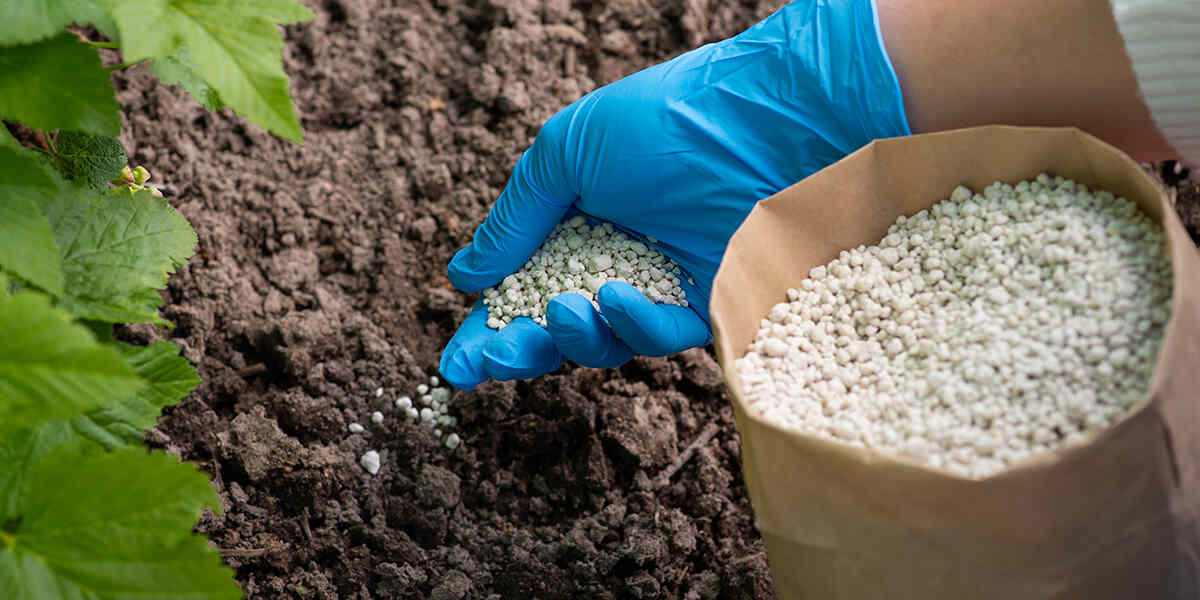
Set Your Garden Up for Success with the GrowBox
Remember that taking care of your soil is an essential skill in gardening. It’s your plant’s source of all nutrients and microorganisms — and sometimes, it’s also the source of the problem.
Now we’ve answered the question: “What does soil conditioner do?” You have the information you need to make your gardening this year a success. To make it even easier, be sure to use a GrowBox by A Garden Patch, which eliminates the hassle of gardening by including all the nutrients and fertilizers you need so you don’t have to worry about soil conditioner.
To order your GrowBox, call (800) 519-1955 or order online.

